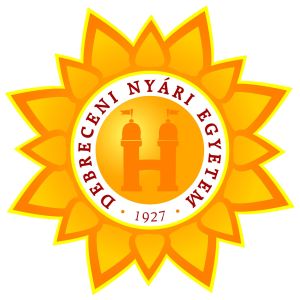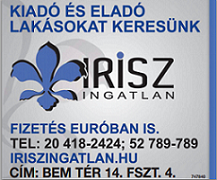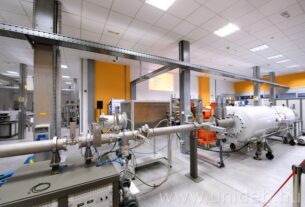A digital twin framework being developed by experts from the University of Debrecen’s (DE) Faculty of Informatics, in collaboration with universities in Florida and Seoul, aims to enhance road safety, improve the efficiency of transportation networks, and prevent accidents and traffic congestion. The scientific project, named “Fraternity,” is supported by the HU-rizont program with a grant of 400 million HUF, the university’s press center announced to MTI.
The announcement highlights that in mid-November, Balázs Hankó, Minister for Culture and Innovation, revealed at the University of Debrecen that 30 projects connected to the HU-rizont program’s international-scale research initiatives by model-changing higher education institutions would be funded with 12 billion HUF. One of these projects is the development of a cooperative environment for testing autonomous vehicles, called “Fraternity,” which is led by the UD Faculty of Informatics.
“Real-time information gathered by intelligent transportation systems (ITS) and driver-assistance messages transmitted to vehicles can significantly enhance safe and dynamic transportation,” said András Hajdu, the project leader and Dean of the Faculty of Informatics.
“This project is filling a critical gap, as there are currently no platforms available for testing collective, ITS-based solutions for automated vehicles. Essentially, we aim to create a scalable digital framework that provides a test environment for car users and smart transportation solutions,” Hajdu explained. The framework would allow for modeling any new traffic scenarios, with the results enabling further refinement of algorithms supporting autonomous vehicles, making intelligent systems more reliable.
Hajdu noted that the framework could be applied to both urban and highway transportation. It would enable the testing of solutions designed to prevent significant traffic congestion, prioritize the safety of pedestrians, scooter users, and cyclists, and improve overall traffic flow.
According to Do Van Tien, the project’s other lead expert and scientific advisor at the UD Faculty of Informatics, the framework will soon provide opportunities for companies producing intelligent software to conduct necessary tests within the system.
He pointed out that many industrial companies are working on innovative solutions to support intelligent transportation. Manufacturers integrate these software solutions into autonomous vehicles, and one goal of the project is cost reduction, which encourages collaboration among developers.
The project involves two international partners working alongside the Faculty of Informatics: the University of Florida, ranked among the top five public universities in the U.S., specializing in artificial intelligence, algorithm development, reinforcement learning, and large language models; and Seoul National University, which has extensive experience in developing intelligent transportation software and coordinating new technologies. Seoul National University also has close ties with the Hungarian Public Roads Nonprofit Ltd., the statement concluded.
(MTI)


















